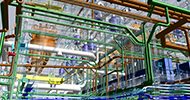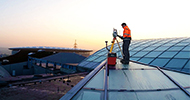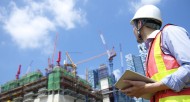Our responsibility as trainers demands a wide range of skills, commitment, competency, and most importantly, the ability to instil confidence in the end-user that the instruction they receive fulfils all the above and more. We want participants to be good enough to wear the job title and possess the knowledge that allows others to believe they are whom they say they are and can what they say they can do.
While hosting a group of middle to senior management employees from a large civil engineering company at a recent event, I was asked the question ‘how do we know someone can do what they say they can do?’ The straight forward answer is to seek competent and knowledgeable operators with a certification from a known establishment affiliated with the equipment manufacturer.
That response was an easy answer initially, but as the discussion continued and others joined the conversation, we reached the consensus that in addition to meeting the required learning outcomes, training sessions should be structured to allow the student benefit from the trainer’s real-life experiences.
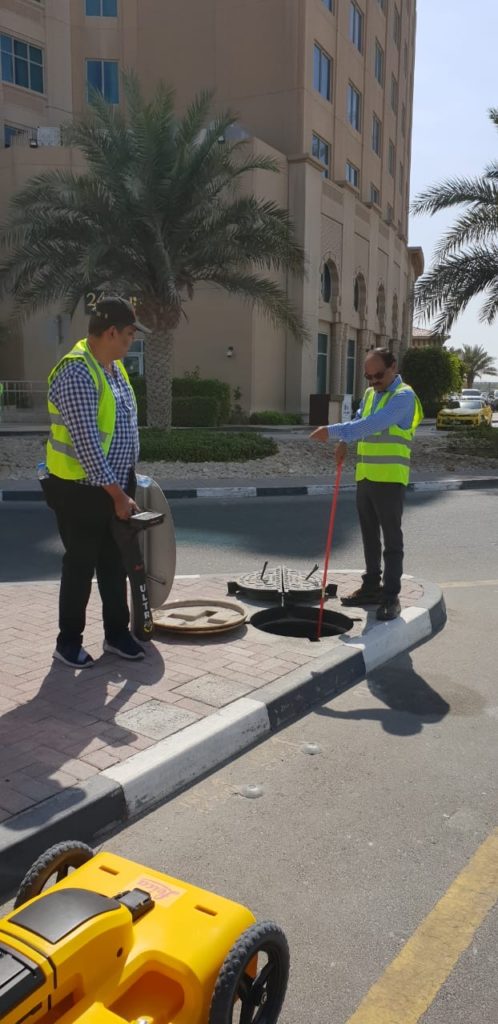
Most of the people in the group were unaware of the type of training that is available to them or their supply chain, let alone what to look for when profiling a company skillset while procuring tenders. UK legislation, such as HSG47, PAS128, PAS256, NRSWA, COSHH, are an important part of daily operations for the industry. Some, but not all, of this legislation is addressed by training courses. Some of these courses are aimed at operatives and some courses are intended for management. Other training options are completely useless but, still offer the all-important certificate at the end.
So, does the certificate mean that you wear the badge well and promote your profession and company appropriately? Sadly, that scenario is not always the reality, because there is a difference between product training and application training. The former is simple product familiarisation and training with a basic run-through of menus and buttons and maybe a simple demonstration of how to use the kit complete with the obligatory ‘competent user certificate’. This type of training has become the go-to type of certification and is often cheap, but not recognised by the manufacturer.
Application training, on the other hand, should be the type of training requested. Utility mapping, for example, requires the average surveyor to competently use a precision locator, GPR system, GPS data collector, total station, be able to post-process data, use a CAD package and produce a final report. In addition to this skill set, the surveyor must be abreast of current legislation and represent their organisation fittingly when interacting with clients. This is a challenge for most, but not impossible to achieve.
The Leica Detection Campus offers industry training courses to users, whether new to the industry or renewing qualifications, backed by the manufacturer and delivered globally. Our trainers have a wealth of knowledge and experience along with being qualified assessors to monitor continual assessment throughout the course ensuring candidate needs are met and that they don’t fall at the last hurdle – the written exam, which may not be their strength. The trainers are familiar with all makes of EML and GPR equipment, and the courses are open to candidates using their own devices for the course duration.
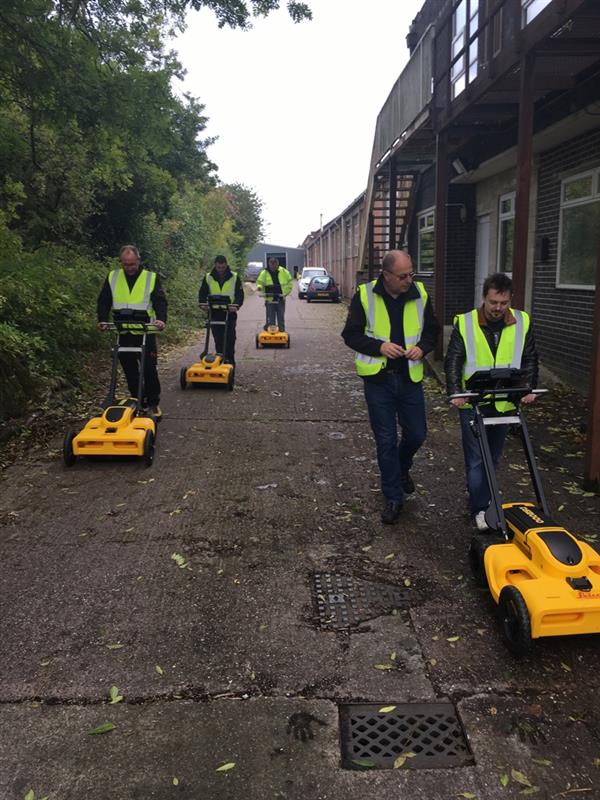
Courses offered range from:
- Utility Mapping Surveyors course, Advanced EML course, GPR user course.
- Factory product familiarisation and application training courses from EML avoidance tools to precision EML equipment, from single-channel to multi-array GPR systems and concrete scanning equipment, GPR post-processing, positioning equipment and software.
Other specialist services include:
- Consulting to the utility surveying industry.
- Assisted surveys, GPR data post-processing.
- Tailored courses or consultancy services for management groups to ensure best practice for their organisation.
In closing, I will advise you to question the ability of certificate holders to put your mind at ease that the operator can perform their job without putting your organisation at risk.
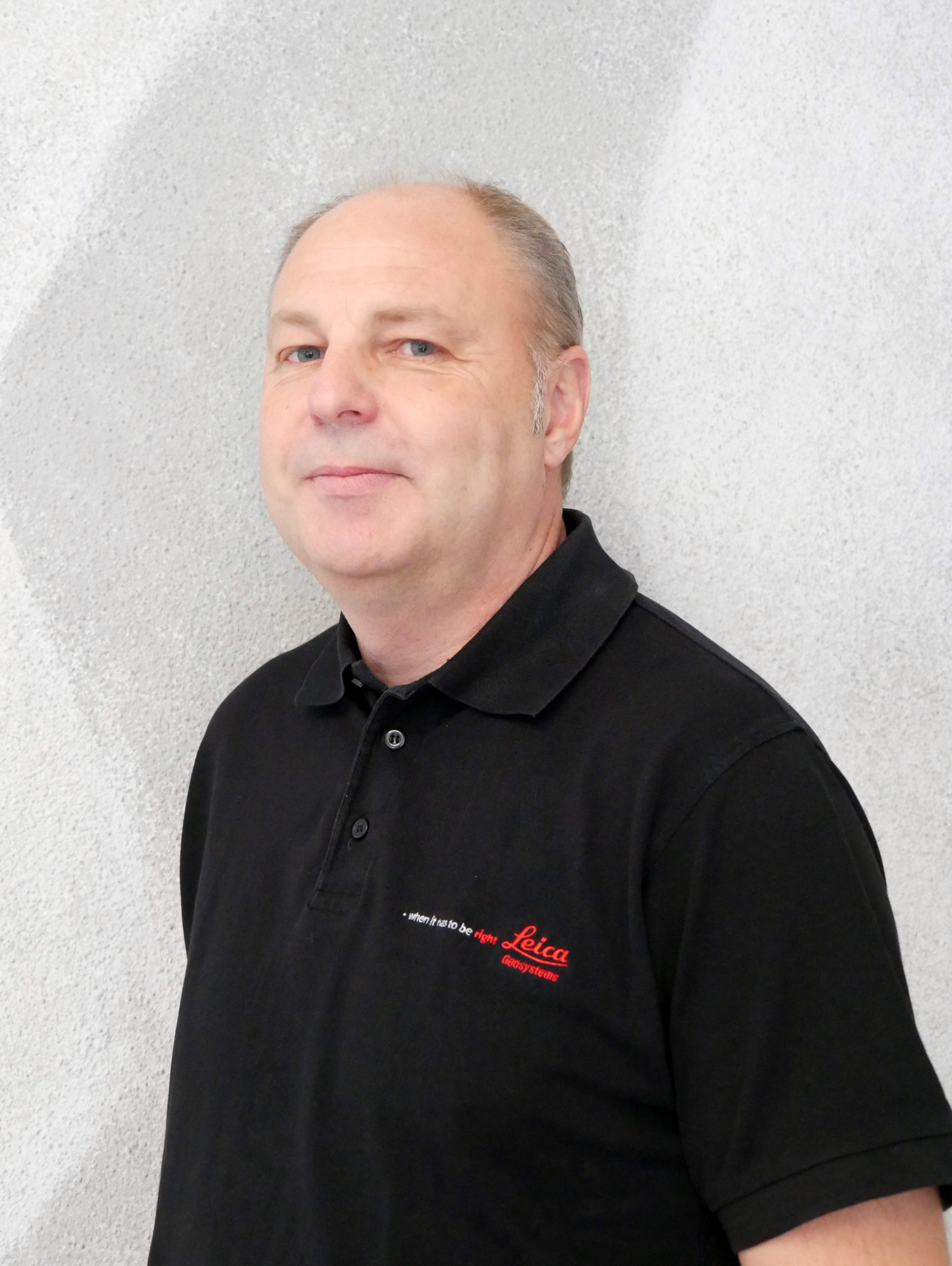
Steve Davies
Global Trainer – Detection Products
Leica Geosystems, part of Hexagon






